The strong euro drove Irish motorists to increase spending on importing used cars from the UK by 59% in 2018.
According to data tracked by foreign exchange specialist Fexco Corporate Payments Irish car dealers also increased their spending by 30% on UK car imports over the same period; suggesting personal car buyers have been the keenest to capitalise on the Euro’s strong buying power against sterling.
The analysis of nearly 6,000 transactions, made through Fexco Corporate Payments, also found the number UK vehicles imported by individuals rose by 18% on 2017 levels, and that the average amount each buyer spent rose by a third.
In 2018 the average vehicle imported from the UK by individual Irish buyers cost €21,612, which is €5,478 (34%) more than the €16,134 paid in 2017. By contrast Irish car dealers spent just 15% more per vehicle imported in 2018 compared with 2017.
The Euro’s strength against the Pound didn’t just encourage more Irish motorists to import a car directly from the UK, it also led many to order higher spec models.
Throughout 2018 the Euro was worth an average of 88.5p, 15.5% more than it was on the eve of the UK’s Brexit referendum in June 2016. At its highest point in 2018, the Euro reached 91p, 18.8% above its pre-referendum level.
The Fexco data mirrors official statistics compiled by the Society of the Irish Motor Industry (SIMI), which show that Ireland imported a total of 100,755 used cars in 2018, the highest ever level and the first time it has reached six figures. The overwhelming majority (95.8%) of those cars were imported from the UK.
By contrast, UK car dealers endured a poor 2018, with figures from the UK’s Society of Motor Manufacturers and Traders recording a 6.8% drop in new car salesthrough the year.
David Lamb, head of dealing at Fexco Corporate Payments, said: “When buying a high-value item from the UK, exchange rates can be a dealmaker or a deal breaker.
“Two and a half years on from the UK’s vote to leave the EU, thousands of Irish car buyers are still capitalising on the weak Pound by importing vehicles from Britain.
“While Ireland’s car dealers were the first to spot the buying opportunities offered by cheaper British imports, the savings are now attracting growing numbers of individual buyers too.”
Lamb said the cost – and red tape – of importing a UK-registered car into Ireland put off all but professional dealers or the most committed individual motorists. However, Sterling’s continued weakness has shifted that calculus, prompting ever more Irish motorists to look to the UK for their next car.
He said: “In 2015 the Euro-Pound exchange rate averaged 72.6p, while in 2018 it averaged 88.5p. While few would bet on a quick resolution of Britain’s Brexit impasse, the chances of Brexit being deferred at the eleventh hour cannot be discounted – meaning Irish buyers hoping to import a car from the UK may want to consider locking in the current favourable exchange rate by using a forward contract.”




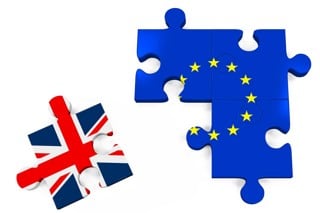
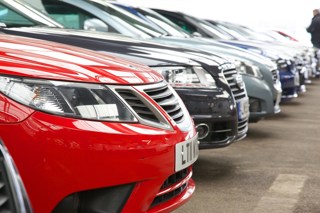
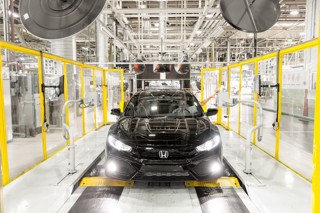
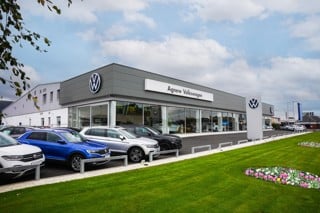
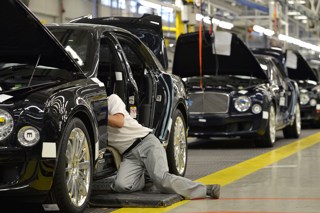












Login to comment
Comments
No comments have been made yet.